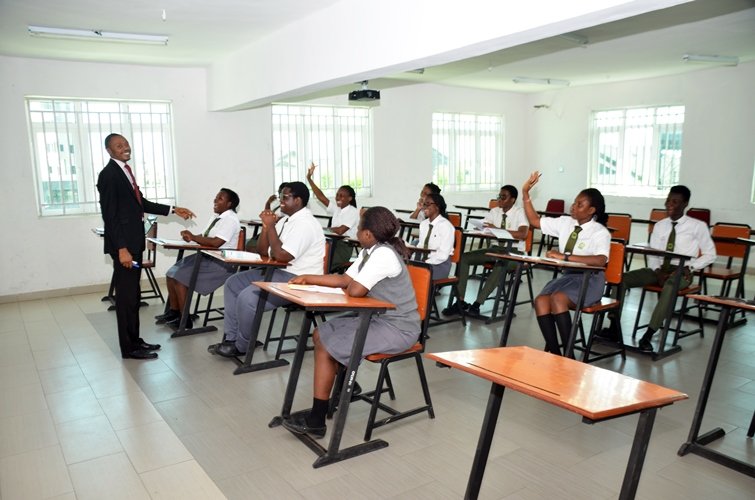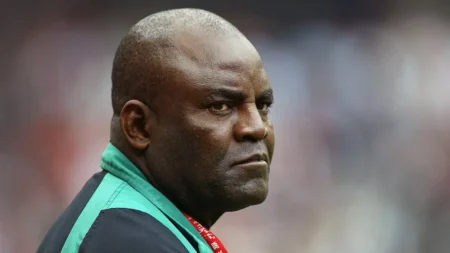A coalition of private school proprietors in Edo State took to the streets of Benin City on Friday in a peaceful protest against what they denounced as an “alarming” increase in income tax imposed by the state government.
Operating under the banner of the Coalition of Associations of Private Schools (CAPS), the demonstrators converged at the Edo State Ministry of Education, wielding placards and banners, to express deep concerns over a tax hike they claim could destroy the educational ecosystem.
The coalition, which includes the Association of Private School Owners of Nigeria (APSON), the Association for Formidable Education Development (AFED), the National Association of Proprietors of Private Schools (NAPPS), and the Association of Model Islamic Schools, said the tax increases ranged from 200 to 4,000 percent, depending on the school.
“Punitive and Destructive,” Say Protest Leaders
Dr Ohis-Olakhe Emmanuel, Chairman of CAPS, who led the protest, labelled the new tax regime as “punitive and detrimental to the growth of the education sector.” According to him, previous efforts at dialogue with authorities had yielded no result, prompting the coalition to take to the streets.
“Private schools are not only complementing government efforts in the education sector,” he stated, “we are also major employers of labour. With this increase, over 300,000 teachers face potential job losses, alongside the many vendors and service providers whose livelihoods depend on schools.”
Dr Emmanuel also took issue with the government’s new policy of taxing schools based on a flat estimate of N30,000 to N35,000 per pupil, a figure he described as “unrealistic” for the majority of low-fee institutions. He argued that taxation should be based on profit margins—not on gross income—particularly without due consideration for operational costs.
“A Recipe for Educational Collapse” – Stakeholders Warn
Speaking further, Dr Austin Igbasan, Secretary of the coalition, predicted dire consequences if the policy is not reversed. “This new tax regime could lead to widespread school closures, job losses, and a surge in out-of-school children, especially from low-income families,” he warned.
Mr Oladele Ogundele, Secretary of AFED, echoed similar sentiments, describing the current system as “unsustainable.” He called for a unified taxation framework to replace what he described as an array of overlapping levies.
“These include personal income tax, PAYE, renewal fees, environmental and health certifications, signage charges, tenement rates, and more,” Ogundele listed. “Education is a social service that should be supported, not taxed into extinction.”
He also cited legal precedents, pointing out that both the Nigerian Constitution and the Universal Basic Education Act mandate free and compulsory education. “This level of taxation is a direct contradiction of that constitutional guarantee,” he said.
Government Pledges to Review Concerns
Responding to the protest, Edo State Commissioner for Education, Mr Paddy Iyamu, addressed the crowd following a closed-door meeting with coalition leaders. He assured them that the government remained committed to fostering a conducive environment for businesses, including private schools.
“While taxation is vital to ensure the state meets its obligations,” Mr Iyamu said, “we will ensure that school proprietors are not unduly burdened.” He added that a dialogue would soon be convened with the state’s Internal Revenue Service to address contentious issues.
However, the commissioner also cautioned schools that fail to meet regulatory standards, stating that enforcement measures would soon be heightened.
Tense Standoff Continues
While school owners await tangible action from the state government, the mood remains tense across Edo’s education sector. Stakeholders have warned that without swift and meaningful reforms, the state may witness a devastating educational fallout in the coming months.










